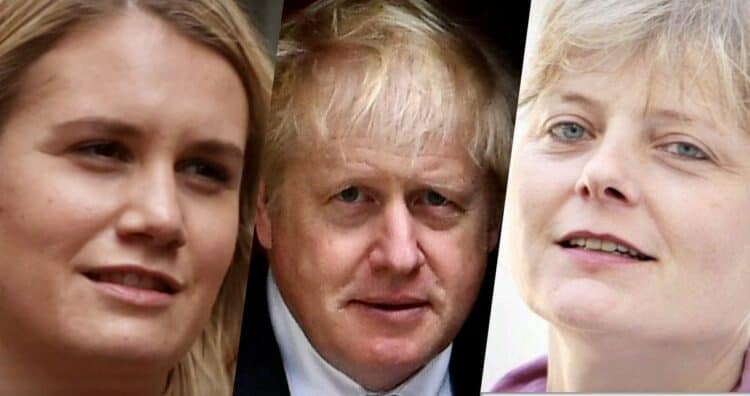At just 29 years old, Charlotte Owen’s elevation to the House of Lords in 2023 by former Prime Minister Boris Johnson raised more than a few eyebrows. A year on, Owen has now taken on yet another role, sparking renewed questions about what qualifies her for such rapid advancements.
For those unfamiliar, Baroness Owen of Alderley Edge was somewhat of an enigma prior to her peerage. A graduate from the University of York, her career trajectory included a series of internships before she was propelled into the inner circle of Boris Johnson, working as his senior parliamentary assistant. Her swift rise culminated in Johnson awarding her a life peerage, making her one of the youngest ever members of the House of Lords.
Critics have long wondered what set Owen apart from other young professionals. Despite numerous attempts, the reasons behind Johnson’s decision to elevate her to such a prominent role have remained elusive.
Now, a year on, it’s worth taking stock of Owen’s contributions to the House of Lords. According to records, she has been an active attendee, claiming around £5,309 per month in attendance fees between January and March 2024. Over the past year, she has voted 94 times and made 11 contributions in debates. Despite this, her interventions have often been limited, with some noting that her attempts to contribute to discussions have been minimal, such as her repeated but unsuccessful efforts to catch the Lord Speaker’s attention earlier this year.
Owen’s limited contributions have not gone unnoticed. In January, for instance, she claimed £4,788 in fees and £430 in travel expenses while voting 10 times and making just four brief interventions. The following month, she voted nine times and asked two questions, one concerning university value for money and the other about nudity apps. In March, she made a more substantial contribution, delivering a 742-word speech on the topic of deepfakes.
While Owen’s performance in the Lords has been underwhelming to some, it is her latest role that has attracted fresh scrutiny. Within the last month, Owen has taken on a paid position as vice president of Better Earth Limited, a start-up consultancy with a focus on helping companies operate within environmental limits. The company is chaired by Amir Adnani, CEO of Uranium Energy Corp, and Boris Johnson himself, who joined the board in May 2024. The involvement of Johnson in the company has raised questions, particularly given Owen’s lack of apparent experience in the environmental or energy sectors.
Johnson, known for his controversial appointments, sought Cabinet Office approval before taking up his role at Better Earth. He was advised that his position could be seen as conferring an unfair advantage to the company’s clients due to his influence and access to sensitive information.
With Labour placing an emphasis on nuclear power in their manifesto, it will be interesting to observe how Owen navigates her dual roles as a consultant and a member of the House of Lords, especially given her proximity to key figures like Chris Skidmore, former energy minister and fellow advocate for nuclear energy.
From her early days as an intern to her current standing as a peer and corporate VP, Owen’s career trajectory has been nothing short of meteoric. However, the mystery of why Boris Johnson continues to place so much trust in her remains unsolved.
You may also like: Fire Brigades Union slams Tony Blair’s ‘despicable’ comments on Grenfell fire







